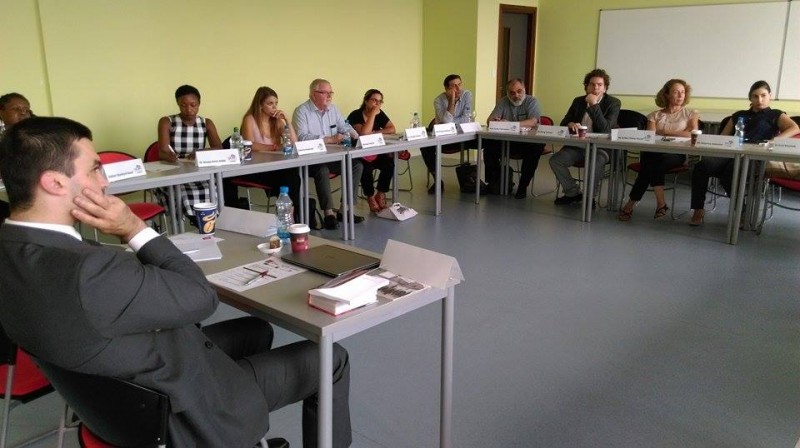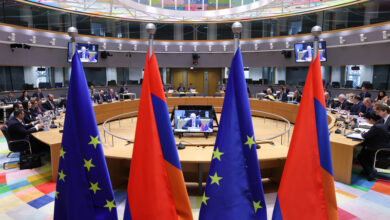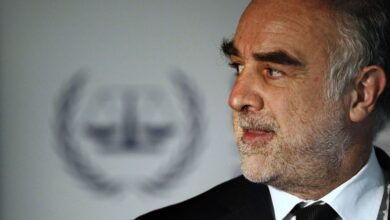How to make the Turkish government apologize for the Armenian Genocide

Hripsime Arakelyan
Public Radio of Armenia
Cyprus
Apologize, if you’re wrong. Begging pardon is not an easy thing, especially when it comes to thorny historical issues, crimes against humanity and genocides. Are the modern governments ready to apologize for crimes committed against humanity? The issue was raised during a conference at the University of Central Lancashire (UCLan) organized by Arman Sarvarian, Lecturer in Law at the University of Surrey, UK. The event brought together genocide scholars, historians, lawyers from countries that faced atrocities in the past.
The shared opinion about the Armenian Genocide was that it’s necessary to find mechanisms to make the Turkish government apologize for the greatest crime at the turn of the 20th century.
Will Turkey ever apologize for the Armenian Genocide? What can be the consequences of that apology? According to Arman Sarvarian, the challenge is that there is no common position among different Armenian communities, no united body, which Turkey will negotiate with.
“We need a common strategy and a general understanding of what we demand and what we expect,” he said.
Expert of Turkish studies Ruben Safrastyan said the so-called apology, which Turkey tried to present as recognition was a dishonor not only for the Turkish leaders, but also for the Turkish state. “We have to do our best for larger sectors of the Turkish society to understand and condemn the essence of this heavy crime.”
“We must use all available levers provided by international law to reach reimbursement. An official apology should be the first step on that route,” Safrastyan said.
“International relations are not about now, they are about contemporary events, but those events are located in the past,” said Professor John Strawson from the University of East London.
“Apologies for the past injustice cannot be cheap,” the Professor said. As for the Armenian Genocide, he said “the fact that the international community did not deal with the issue means that it remains a burning sore in relations with partners within the region. History is something we have to be very careful with. It can come back and bite you, when you think it’s over.”








